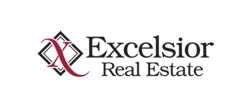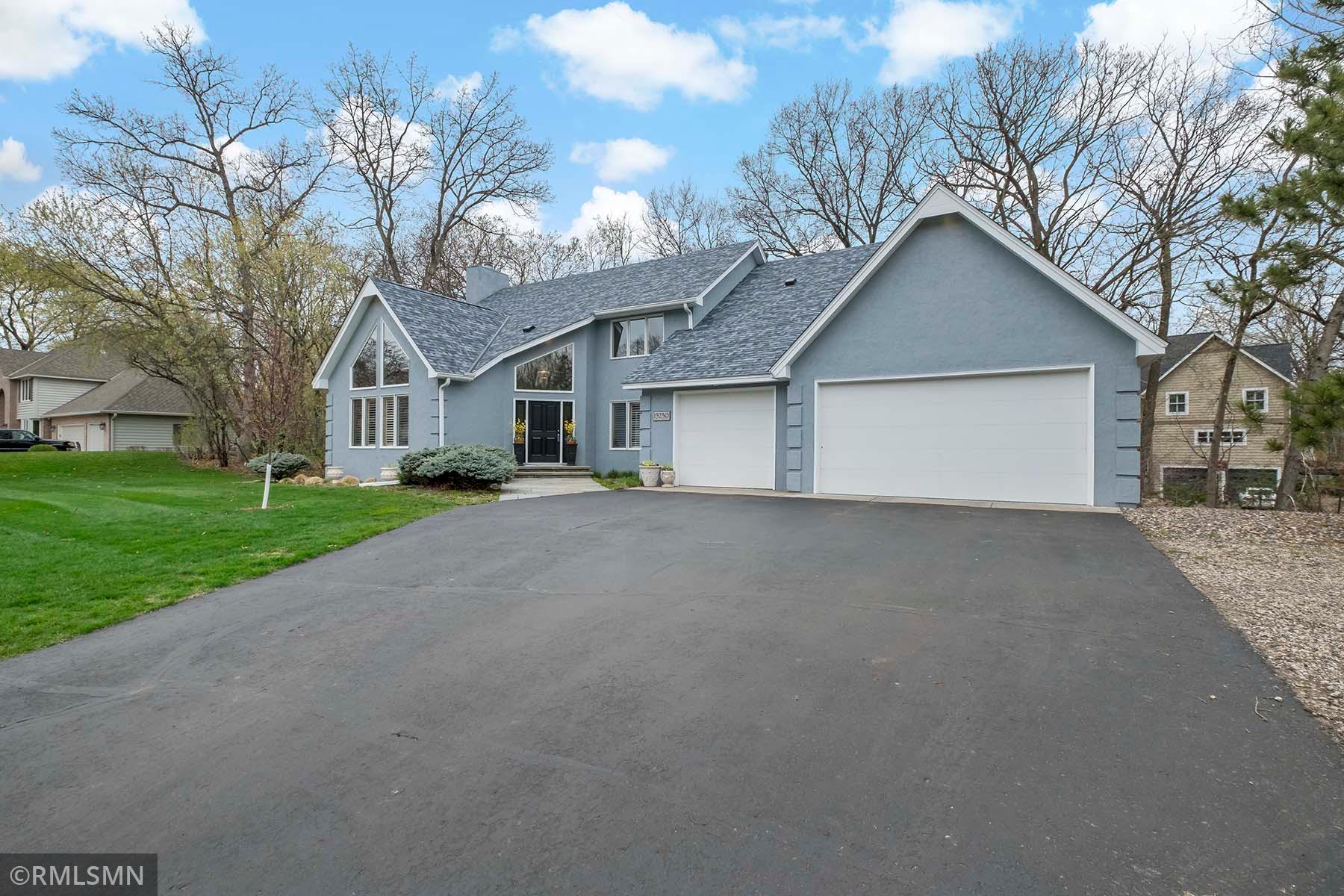When it comes to mortgages, "escrow" and "escrow accounts" refer to two different purposes.
Escrow is where a third party acts as a go between in a real estate deal, holding money and property "in escrow" until the two parties involved in a sale agree that all the conditions are met to be able to close. An escrow account is usually an account that helps take care of a mortgage borrower's annual tax and insurance costs.
What Does Escrow Mean?
Escrow is usually mandatory in a home purchase. When a buyer and seller initially have an agreed upon purchase agreement, a third party (usually the seller's agent's brokerage) serves as the escrow agent. The escrow agent collects the "earnest money" from the buyer (a deposit that is equal to a small percentage of the sale price) and in exchange, the seller takes the property off the market. Until the final exchange is completed, both the buyer's deposit and the seller's property are in escrow.
Once a property is in escrow, neither the buyer nor the seller will receive anything from the escrow company until all the conditions of the purchase agreement are met. For example, you might agree to purchase an older home on the condition that the building pass a safety inspection. Other common escrow conditions include repairs and property tax audits. Meanwhile, the buyer's earnest money proves to the seller that the buyer has both the intent and the ability to complete the purchase. Earnest money can be forfeited to the seller if the buyer backs out or fails to hold up the terms of the contract.
How Do Escrow Accounts Work?
Escrow accounts have more to do with your monthly mortgage payment than the initial home purchase. When you borrow money from a bank or a direct mortgage lender, they'll typically set up an escrow account tied to your mortgage. The lender will deposit the part of your monthly mortgage payment that covers taxes and insurance premiums into this escrow account. By collecting a fraction of those annual costs each month, the necessity of remembering when taxes and insurance payments need to be made becomes the responsibility of the escrow account administrator. Typically these payments are done automatically and reduces the risk of you falling behind on your obligations to the government or your insurance provider.
Mortgage lenders require borrower escrow accounts in order to minimize the risk that you fall short of your financial obligations as a homeowner. In a foreclosure, unpaid taxes or insurance can result in liens that make it harder for the mortgage lender to recover the original loan. This creates a strong incentive for lenders to keep their borrowers on track with escrow accounts that smooth out the non-mortgage costs of owning a home.
Although escrow accounts conveniently allow lenders to pay the relevant taxes and insurance premiums on your behalf, they do have some drawbacks for the borrower. Lenders often require a minimum balance in your escrow account to protect against any unexpected cost increases. (It's usually a minimum of two months' expenses, but can be higher on riskier mortgages.) Lenders will conduct an escrow review once a year to make sure that the preliminarily calculated payments are keeping up with actual costs. If adjustments need to be made, you'll receive a notice of the changes in a detailed escrow report.
Are There Fees Associated With Escrow?
Just like any other service provider involved in a real estate deal, the escrow agent will need to be paid a fee. Escrow services for a home purchase typically cost 1% to 2% of the final price. Based on national median home values, this translates to a fee of $2,000 to $4,000, which is added into your other closing costs. However, escrow fees are one of the many expenses that are negotiable between the buyer and seller. This means that you can try asking the other party to foot part or even all of the escrow fee, depending on local rules or the current market conditions.
In addition, escrow agents are responsible for distributing money to parties other than the buyer and seller in the sale or purchase of real estate: commissions to the real estate agents, prepaid mortgage interest to the lender, recording fees to the county office of records and the escrow agent's own fee. In this sense, the homebuying/homeselling experience is much smoother and simpler for both sides of the transaction. Without it, you'd be held responsible for sending timely and accurate payments to each and every party involved in the transaction: Who gets what and where does it need to go?
If you're buying, you'll also need to deposit between 1% to 3% of the final sale price (earnest money) in an escrow account with the seller. This earnest money serves as proof that you're serious about following through with the sale, and it obligates the seller to take the property off the market while the transaction gets finalized. When you complete the transaction, the earnest money you put into escrow will be applied towards your down payment on the house. Earnest money in escrow isn't a fee, but you should be wary of the fact that it's possible to forfeit that money if you can't come to a final agreement with the seller. Your real estate agent will discuss this with you based on your offer for purchase.
If you have more questions about escrow, reach out to anyone on our team who will be happy to answer them for you!


